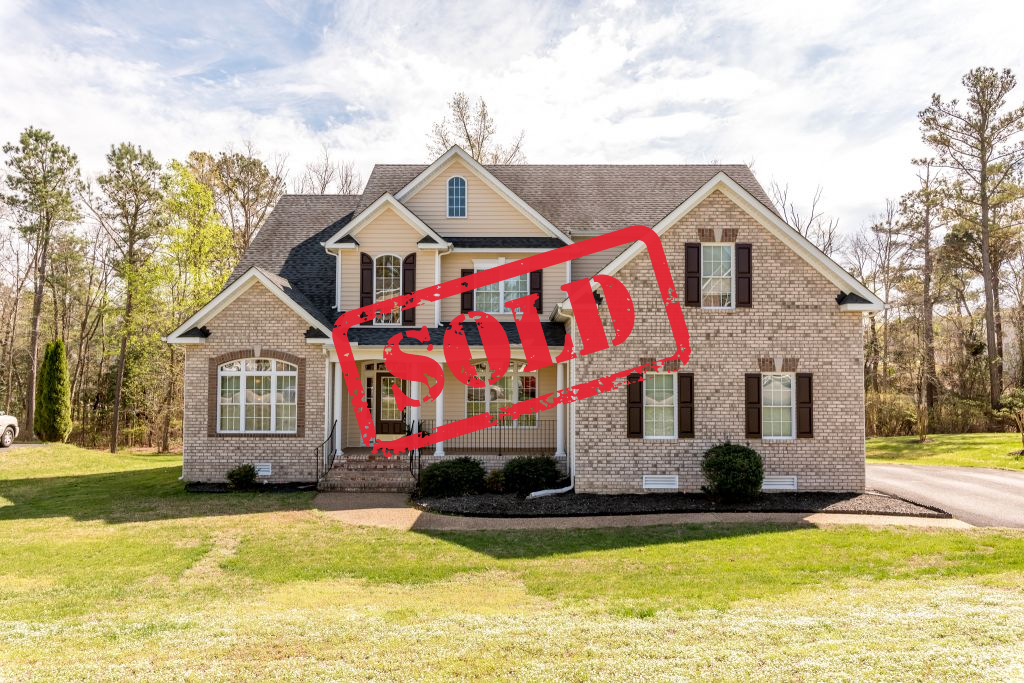Today many are asking if it’s still possible to buy or sell.
Though buying and selling continues in Virginia with more flexibility compared to other states, it isn’t entirely business as usual. Sellers are putting out hand sanitizer and wipes, showing homes using FaceTime, and taking other precautions against the coronavirus. Buyers and sellers are relying heavily on virtual tours, and virtual open houses which let people see inside a home via online video.
There are always buyers who have strong motivations to move. If fewer sellers are putting their homes on the market in your area, yours might be an attractive option for those buyers. Those buyers are having to prove they’re serious to gain access to a property
As long as requests are in accordance with the Fair Housing Act, now more than ever it’s becoming common practice to ask for qualifications before buyers start coming and going from others’ homes.
In some cases many buyers are making offers without setting foot inside homes. Banks allowing drive-by and video appraisals, and with final walk-throughs handled on FaceTime. In properties where a seller has agreed to make a requested repair or addition, sellers are often giving the buyer a credit at closing, so the fix can happen when the pandemic has passed. Title companies and loan officers with banking institutions are establishing safe methods for selling houses without having all parties bunched together in an office conference room.
The purchase agreement for your home will likely contain a closing date, but prepare to be flexible on this. Many real estate agents or associations are writing clauses into their standard contracts that basically foresee and make room for the possibility of delay owing to COVID-19 issues.
For instance, acceptable causes of delay might include:
• the home buyer or seller having been exposed to, infected with, or quarantined due to the coronavirus
• travel restrictions affecting the buyer, seller, an attorney helping to close the transaction, or the buyer’s lender, or
• other events beyond the parties’ reasonable control, such as delays in scheduling home, pest, radon or other inspections that were included as contract contingencies.
Given the extraordinary nature of the COVID-19 pandemic, no one can be certainty how long this will last and what the real estate industry will look like in the aftermath. Fortunately, we have technology on our side and people are still able to buy and sell homes — perhaps using methods that, when you think about it, are actually an improvement from the old days. Sellers who are willing to jump in the game before their competition does are selling fast with us saving themselves 3% -6% and finding a buyer within days of being marketed.

